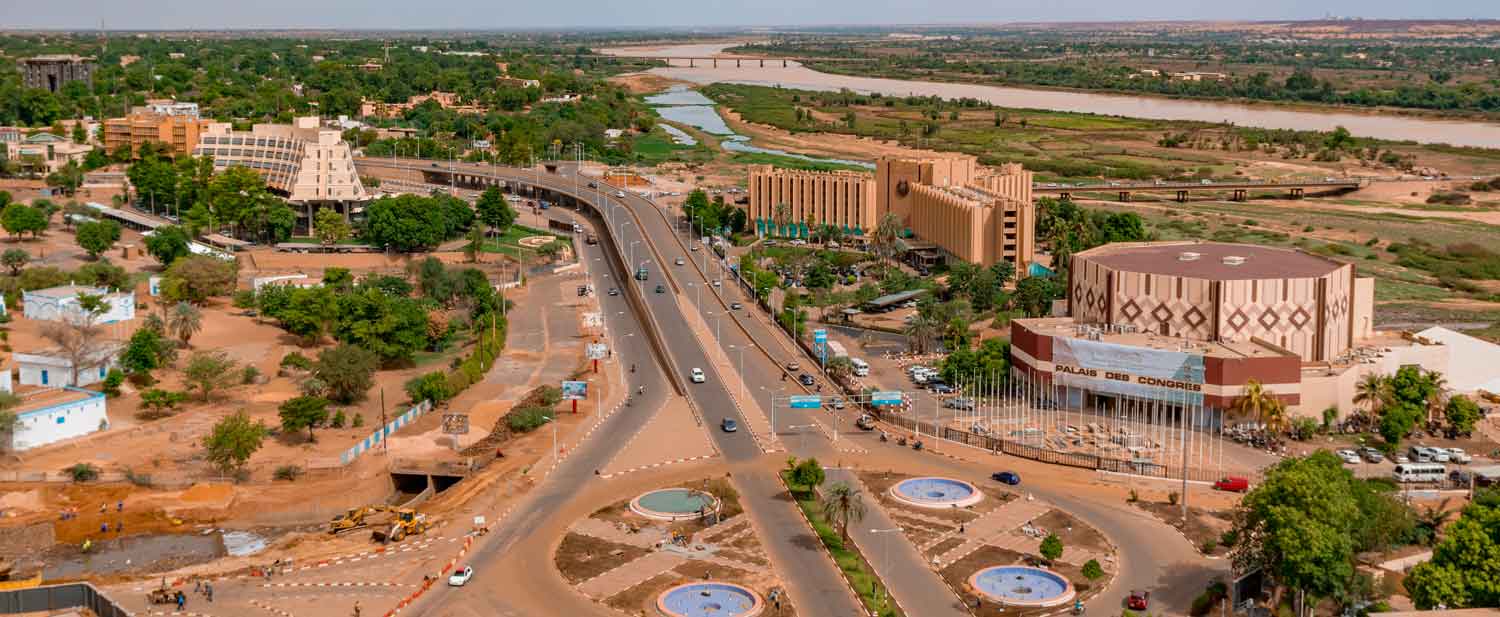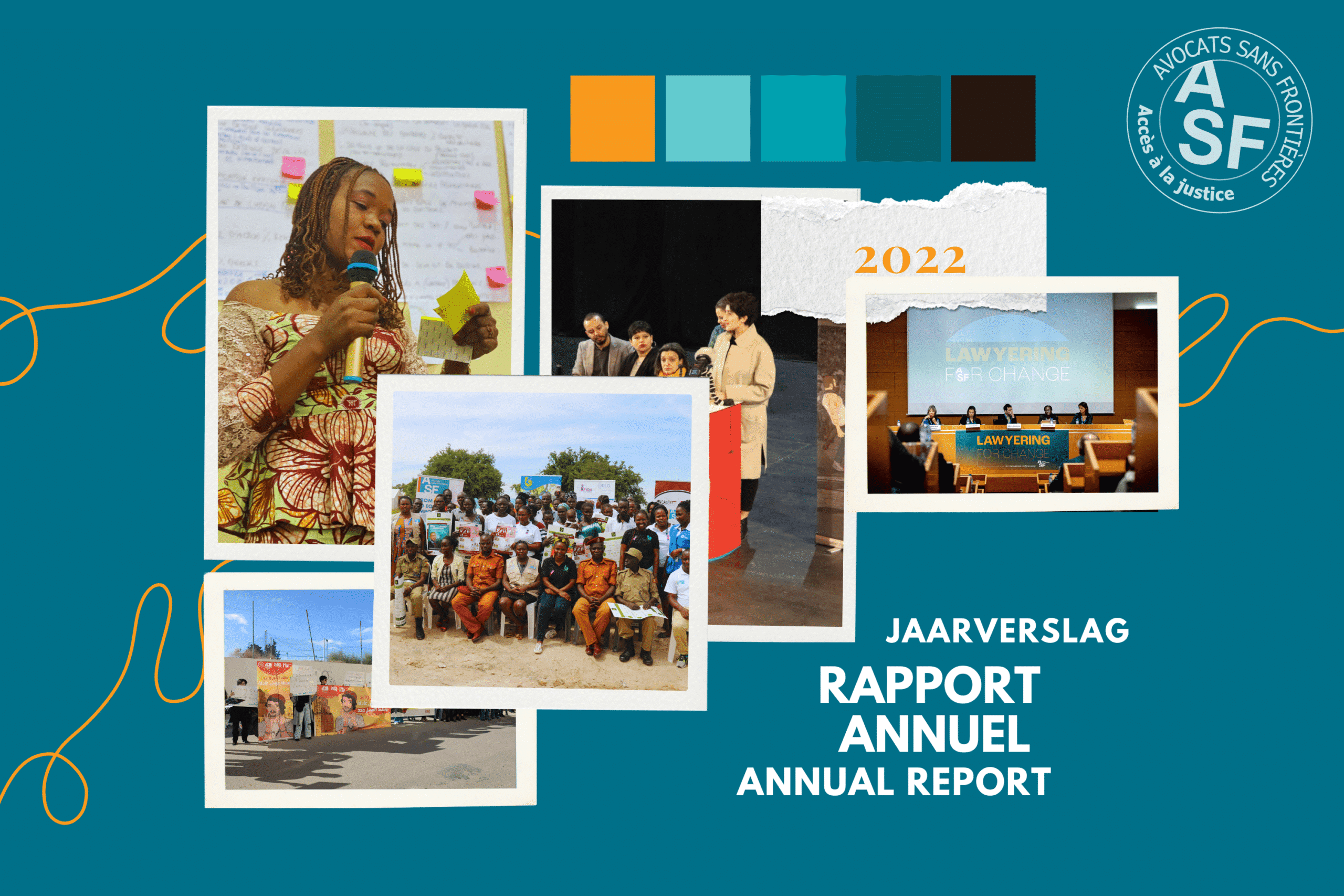Category: Capacity building
-
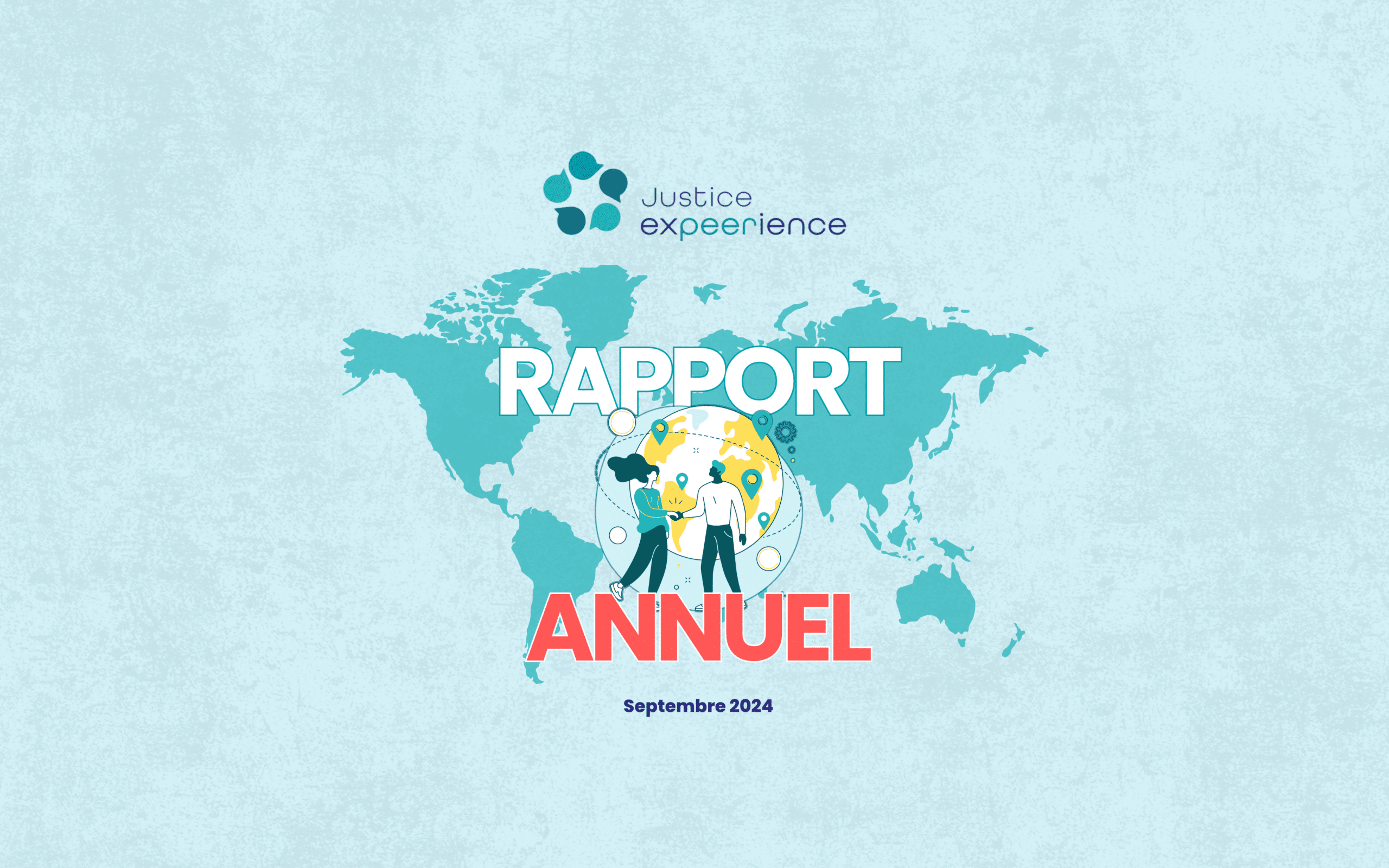
The Justice ExPEERience network keeps growing: evolution and new features
Justice ExPEERience celebrated its 3rd anniversary this summer! To mark the occasion, the network’s coordination team is proud to present the Justice ExPEERience annual report.
-
Partners’ profiles 4/4 : The Networks of Observers
ASF has helped create and revitalise networks of observers in the DRC. They are independent, they exist and are managed autonomously by their members. ASF and these networks work together to empower populations impacted by the activities of extractive companies. Today, we invite you to meet its members. They talk about the reasons behind their…
-
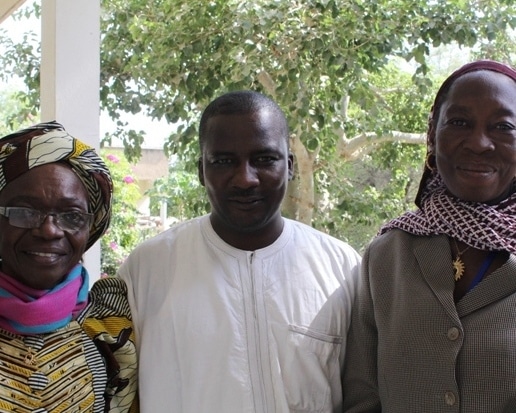
Access to justice in Chad: civil society is mobilising itself
Despite justice reforms undertaken in recent years, the population of Chad still encounters numerous obstacles when trying to obtain access to justice. Given this situation, civil society organisations (CSOs) are taking action and providing legal advice and assistance: ASF is supporting three of these CSOs in their efforts to protect human rights.
-
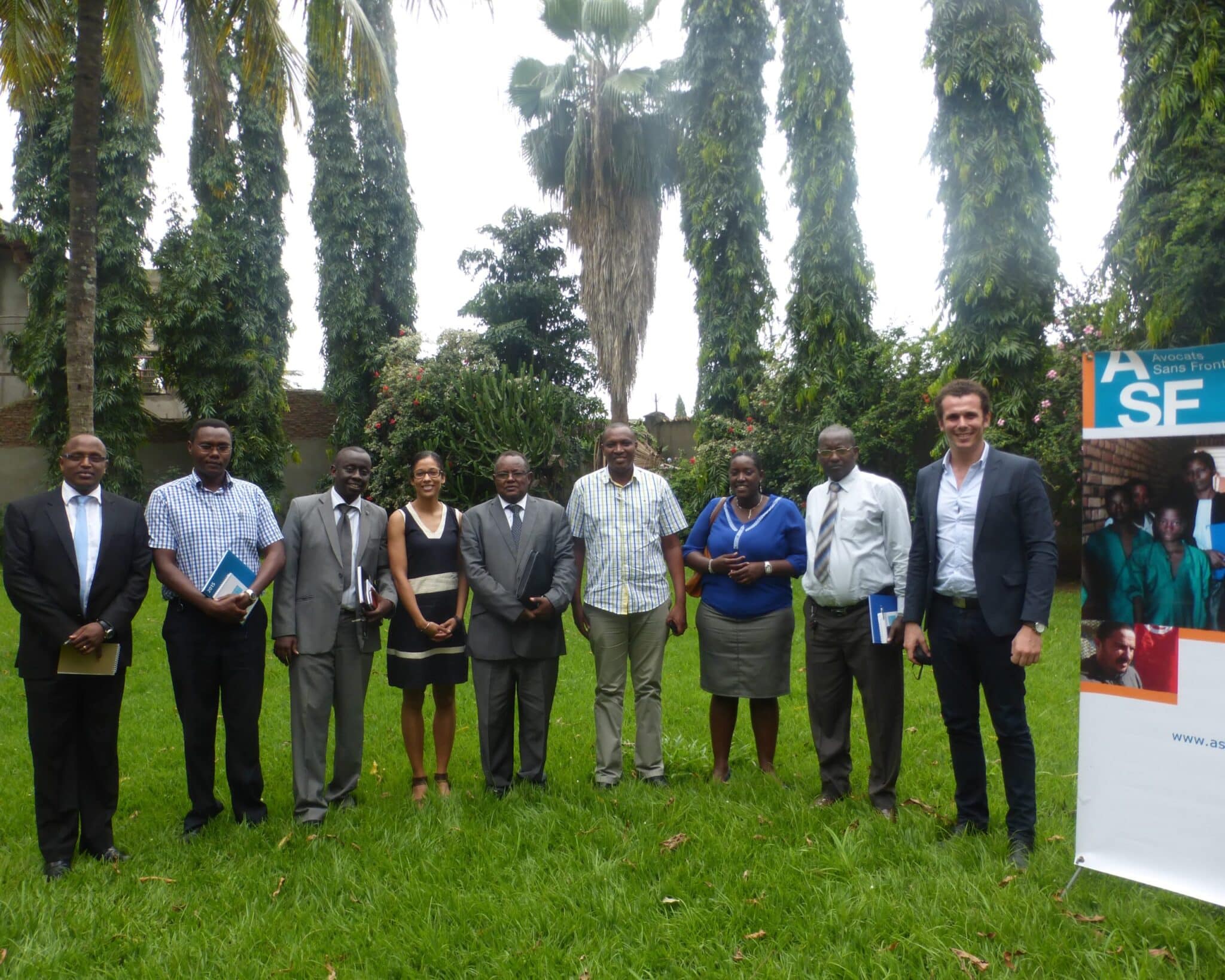
ASF partnerships: the cornerstone of sustainable change
Brussels/Bujumbura – Against the backdrop of an extremely serious political crisis, ASF and its partners continue working to ensure access to justice for all in Burundi. ASF and the bar association at Bujumbura Court of Appeal have recently signed an agreement renewing and shaping their partnership up to 2021.
-
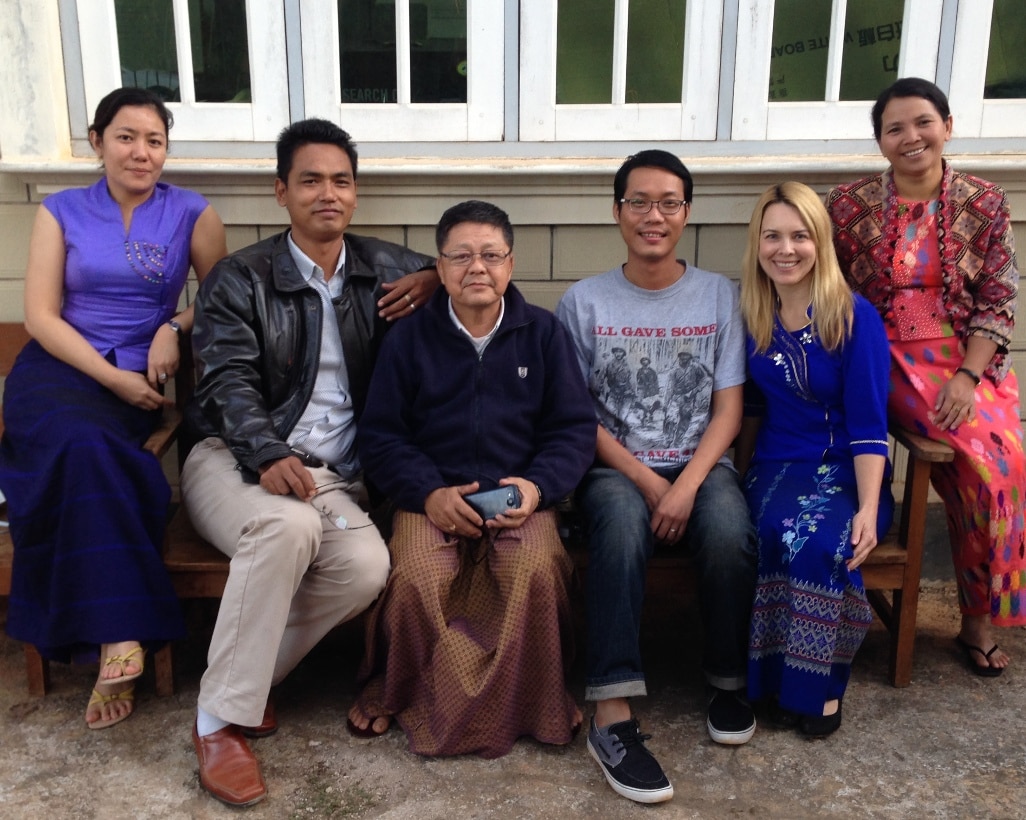
Myanmar: The “Pro Bonos” in action
Myanmar – The Rule of Law Centres Pilot Project supported by UNDP has come to an end. The project aimed at providing training on local justice issues to legal professionals and civil society and at encouraging them to use rule of law principles into their work. Seven legal experts, members of ASF’s International Legal Network…
-

Rule of Law Education Leading to Social Justice in Myanmar
The need for justice education in a country just emerging from more than 50 years of military dictatorship is undoubted. “Rule of law” is a prevalent but rarely understood term here. ASF trainers and other partners provide training in the framework of a UNDP-funded Rule of Law Centre Pilot Project.
-
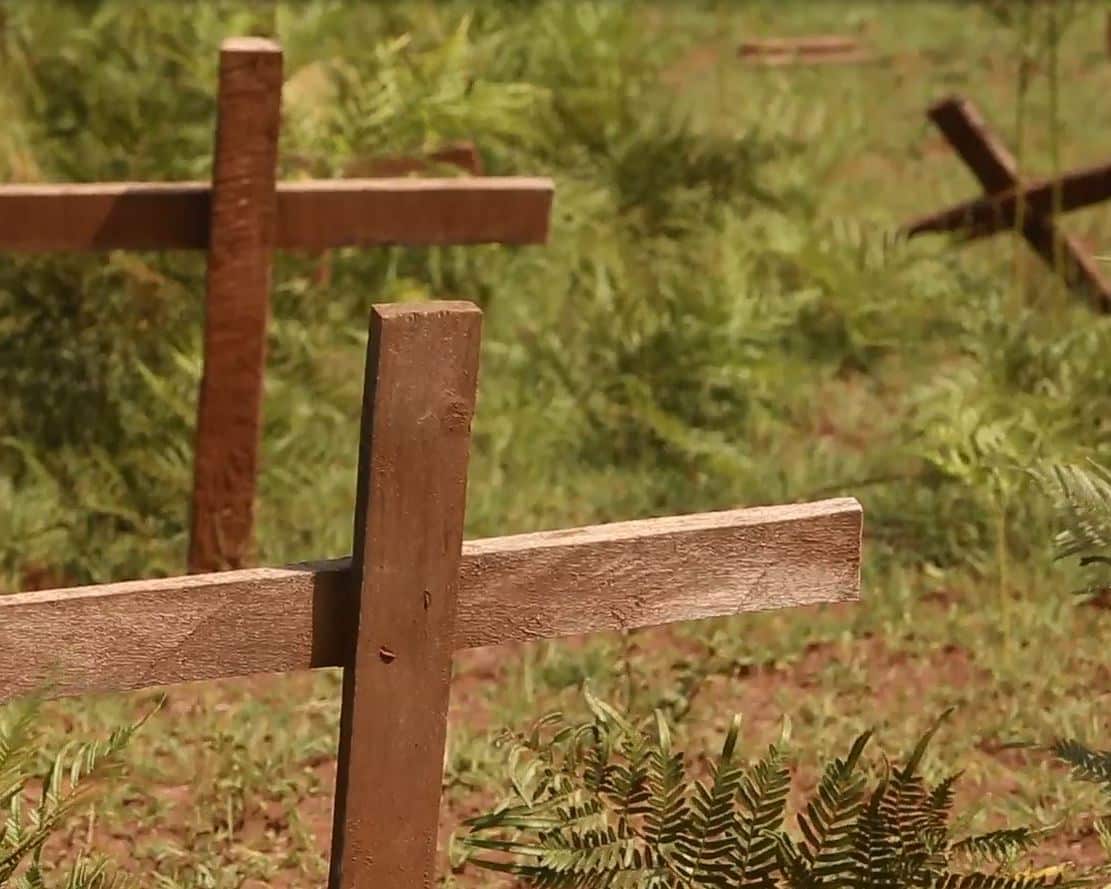
Transitional justice in Burundi: space for victims
ASF welcomes the creation of the Truth and Reconciliation Commission as an important step in the process of punishing international crimes committed in Burundi in the past. ASF nevertheless calls for certain conditions crucial to the proper functioning of the transitional justice process to be respected.
-
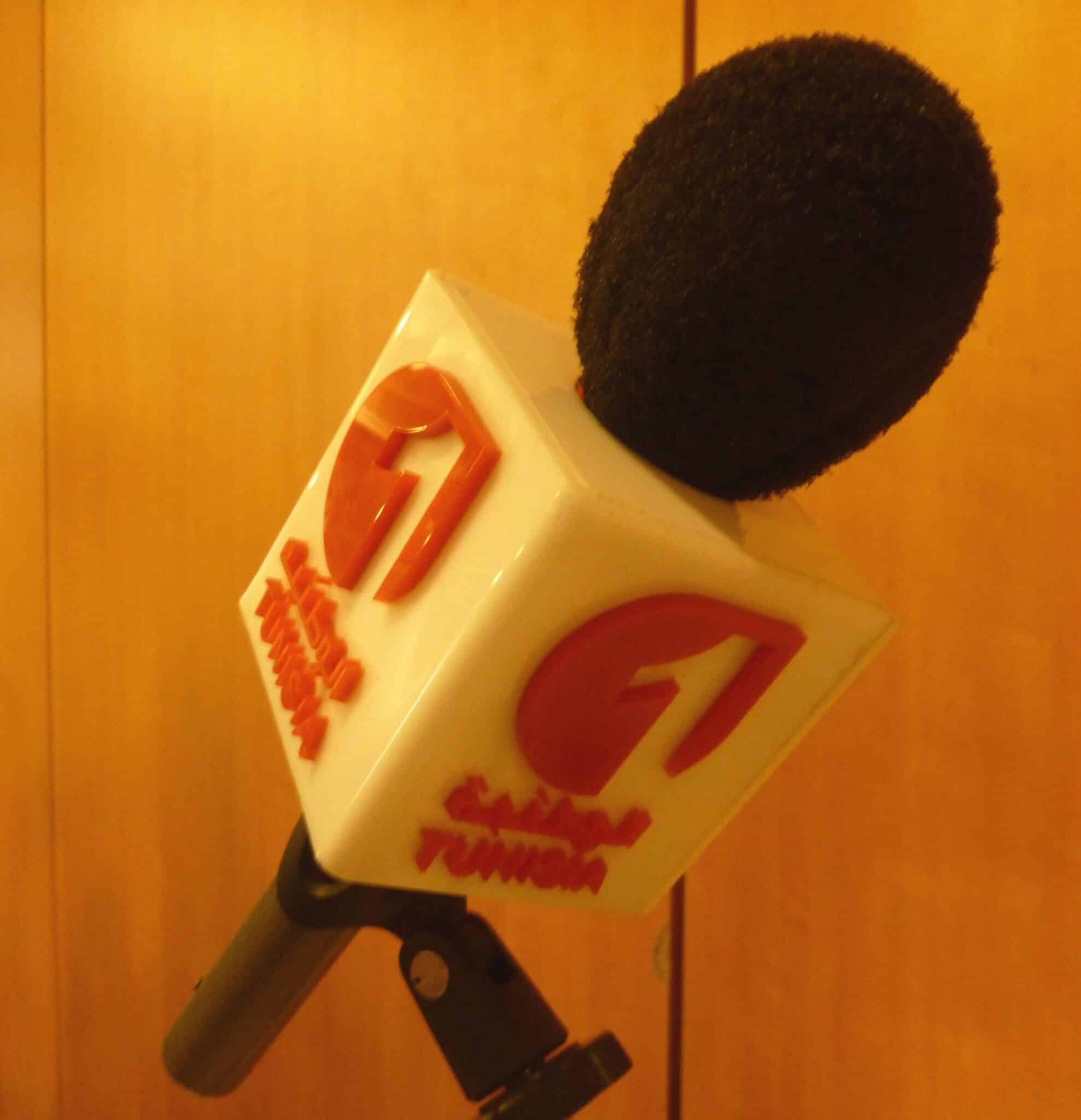
The Kalima project: Defending freedom of expression
Rabat (Morocco) – Avocats Sans Frontières (ASF) launches its training and awareness-raising programme as part of the project for the promotion of freedom of expression and the protection of persons such as journalists and bloggers. This project, known as Kalima, is taking place in Egypt, Morocco and Tunisia, in a region which is undergoing a…

